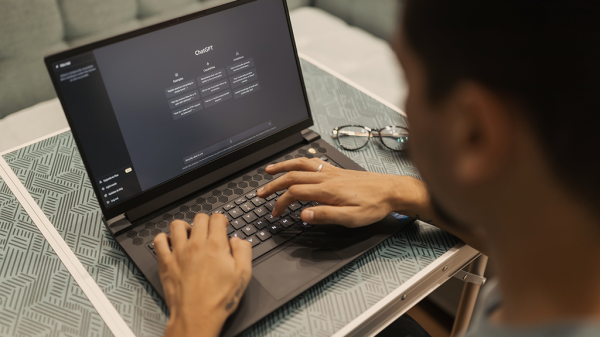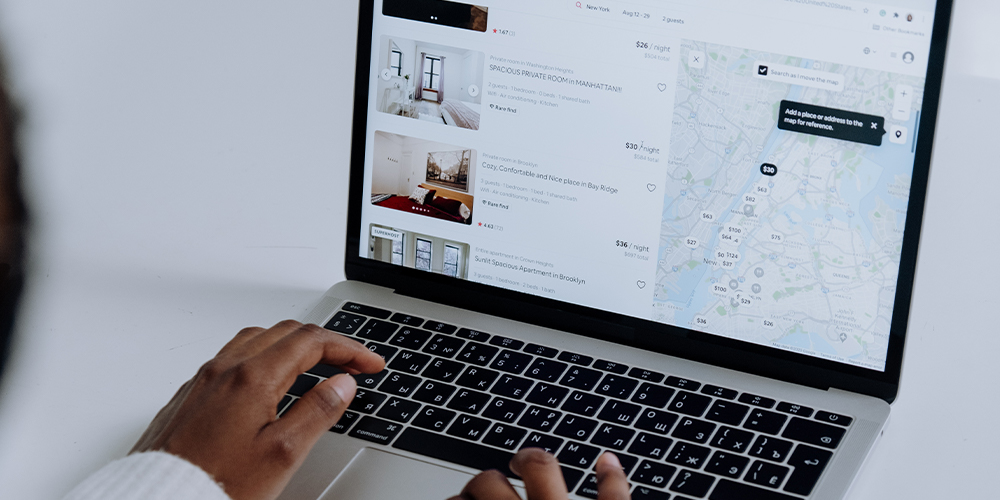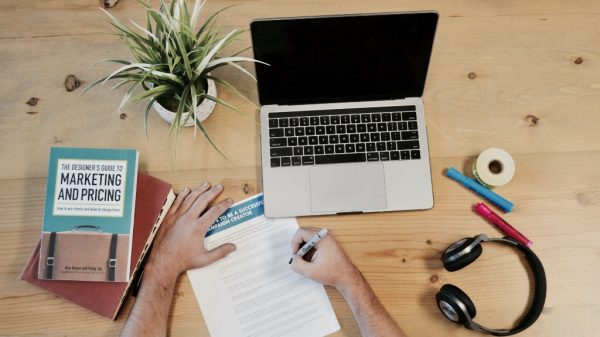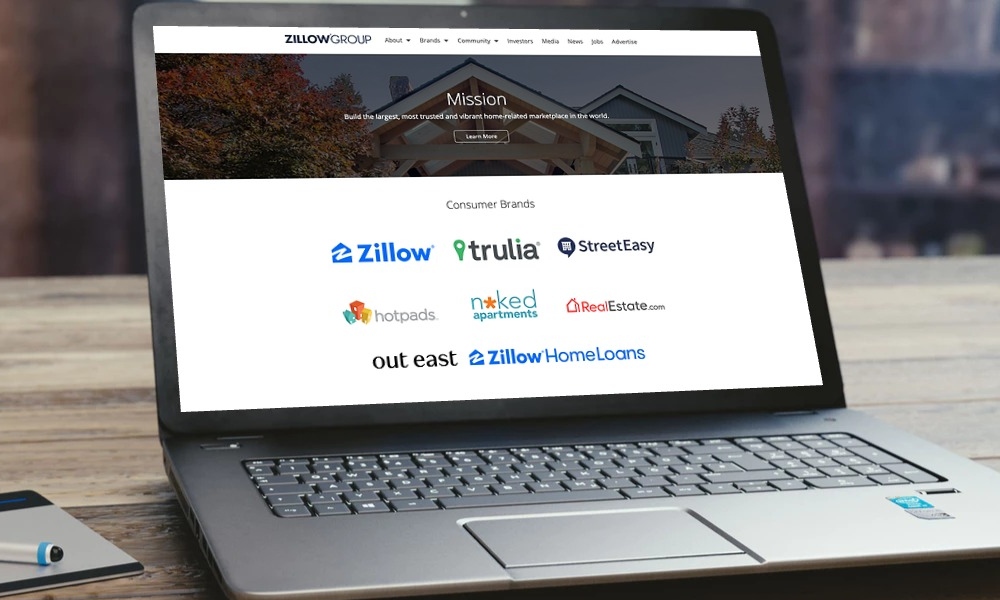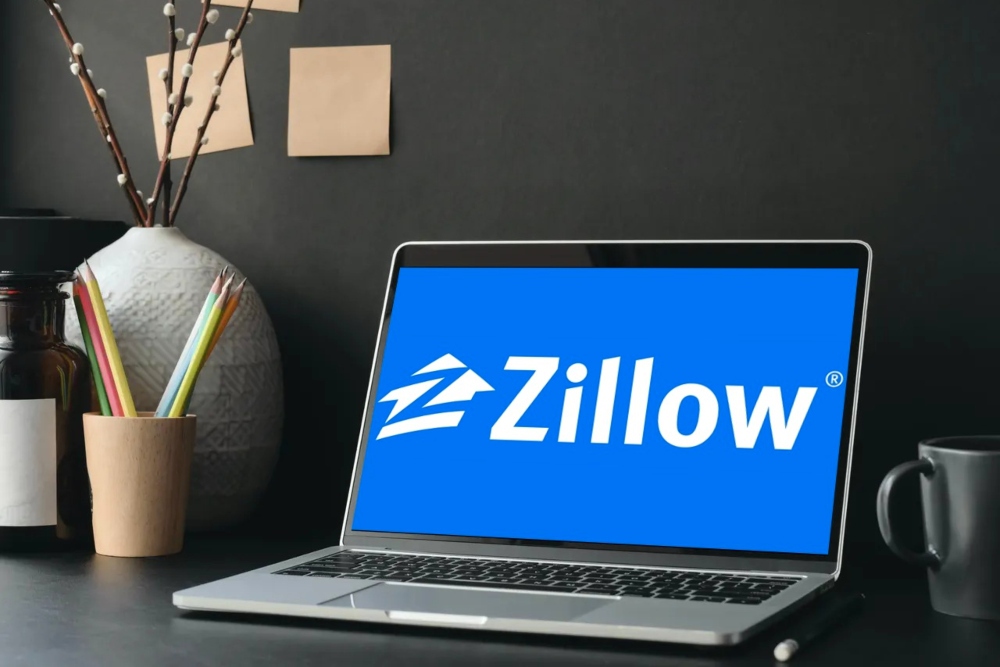Two visually impaired Massachusetts women have banded together to sue Zillow for their sites allegedly being inaccessible to the blind and visually impaired.
Filed in the U.S. District Court in Massachusetts, the lawsuit claims that Zillow Group is in violation of Title III of the Americans with Disabilities Act (ADA), asserting that their sites are not compatible with the most common computer screen reader programs, which the visually impaired rely upon in order to access information online.
Court documents sate that this failing “deprives blind and visually-impaired individuals the benefits of its online goods, content, and services — all benefits it affords nondisabled individuals — thereby increasing the sense of isolation and stigma among these Americans that Title III was meant to redress.”
The Plaintiffs cite tools utilized to attempt to use the sites – Apple’s VoiceOver technology, JAWS and NVDA software. Accessibility experts tell us that JAWS and NVDA are the two most common tools in America used for this purpose.
The core of the problem is readability – for example, if a button is an image (of say a search icon) but has no text or alt text, the screen readers cannot read them, therefore the visually impaired cannot use that feature.
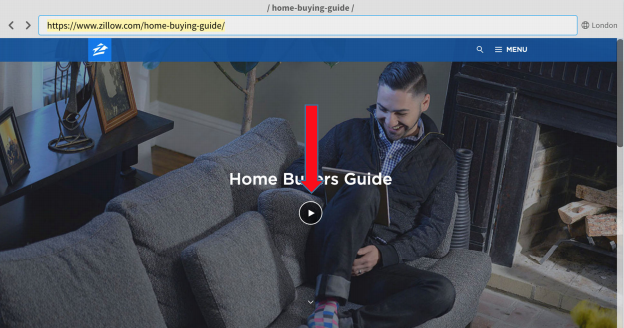
Image source: court documents.
Further, the Plaintiffs assert that Zillow Group “has long known” that these screen reader technologies are necessary and that they are legally responsible for providing them, but offers no evidence that the company “has long known,” aside from the fact that Title III isn’t a new law.
The lawsuit did not acknowledge possible attempts to use any other real estate search site, nor their existence.
What do the Plaintiffs want?
Their list is long and fascinating. Aside from the standard request for payment of “actual, statutory, and punitive damages as the court deems proper,” along with attorneys fees and court costs, they demand that Zillow Group do the following:
- Hire a Web Accessibility Consultant (WAC) and incorporate all of the recommendations within 60 days of receiving them.
- Train certain staff on accessibility.
- Submit to a quarterly usability test and a period audit.
- Create a web accessibility policy, provide that policy to certain staff.
- Make a public statement on the policy, with an accessible contact form and feedback option.
- Immediately escalate all usability calls to properly trained staff.
- Submit to a two year monitoring period.
It remains unknown if the Plaintiffs intend on pursuing action against any other websites (real estate search portals, brokers, and the like), and as of publication, Plaintiff’s representatives have not responded to our request for comment.
Lani is the COO and News Director at The American Genius, has co-authored a book, co-founded BASHH, Austin Digital Jobs, Remote Digital Jobs, and is a seasoned business writer and editorialist with a penchant for the irreverent.





